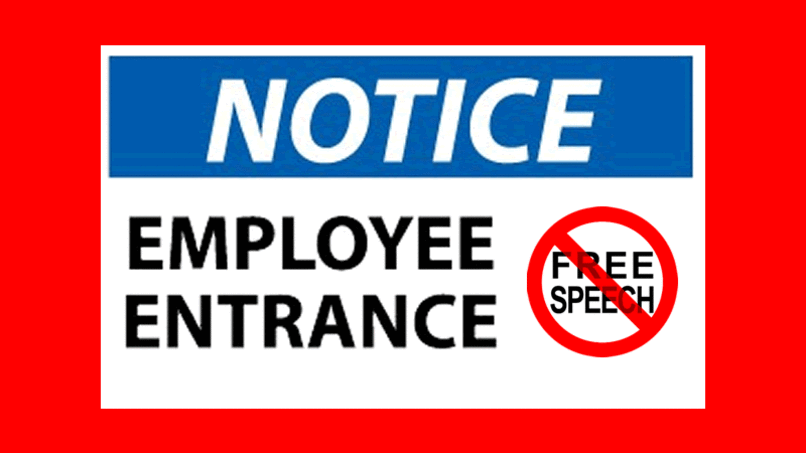The Food may be Whole but the Rights are Limited

A federal court in Massachusetts recently ruled for Whole Foods and Amazon in an employment law case brought by several employees who wanted to wear Black Lives Matter (“BLM”) masks and apparel at work. Although the ruling will not be surprising to people familiar with employment law, the decision and the reasoning may surprise some employees who don’t know the legal limits of their rights in the workplace.
Following the death of George Floyd in 2020, some employees of Whole Foods started wearing masks and other apparel in support of the BLM movement. Whole Foods had a policy in place that prohibited employees from wearing anything with words or logos that were not about Whole Foods. Although the policy had been in place for a long time, employees were aware of coworkers who were allowed to wear masks and apparel in support of various causes on various ends of the political spectrum in the past (including in support of LGBTQ+ rights, in support of the National Rifle Association, and supporting or insulting political figures.) The employees were surprised when they were directed not to wear BLM apparel and were even sent home or disciplined for doing so.
The employees filed a lawsuit against Whole Foods and Amazon in July, 2020, claiming that the policy was being discriminately applied based on race. As a matter of law, a policy may be “facially neutral,” meaning that the rule itself doesn’t discriminate based on race or any other protected status, but still be illegal if it is used in an unfair way such that employees are treated differently based on race or any other protected trait. For example, if an employer gave preference in hiring to applicants who attended a certain school and the population of that school was disproportionally white, the hiring practice would have a disparate impact because it would create a disadvantage for non-white job applicants. In this case, the employees claimed that enforcing the dress code policy only for BLM apparel had a disparate impact because it affected employees showing support for a race-related cause.
The judge found that the employees had failed to state a valid claim against Whole Foods and Amazon because the employees were not being treated differently, or disparately impacted, because of their race. Employees of all races who wore BLM apparel were disciplined. The judge noted that although it may be unfair, selectively applying the dress code based on the messaging being portrayed was not the same as discriminating on the basis of race. As long as employees of all races were treated similarly with respect to wearing BLM apparel, or other types of messages, the practice was not unlawful.
The judge also noted that there is no general right to “free speech” when it comes to employment with a private company. The First Amendment of the United States Constitution restricts the government’s right to limit free speech, but it does not mean that employees are free from repercussions for exercising that right in the workplace. Private companies, such as Whole Foods, can elect to limit what speech is permitted in its workplace, including political or topical speech. This right includes speech that is written on masks and other apparel, as that is a form of speech.
If you have questions about your rights in the workplace, contact Gold Star Law for help.


